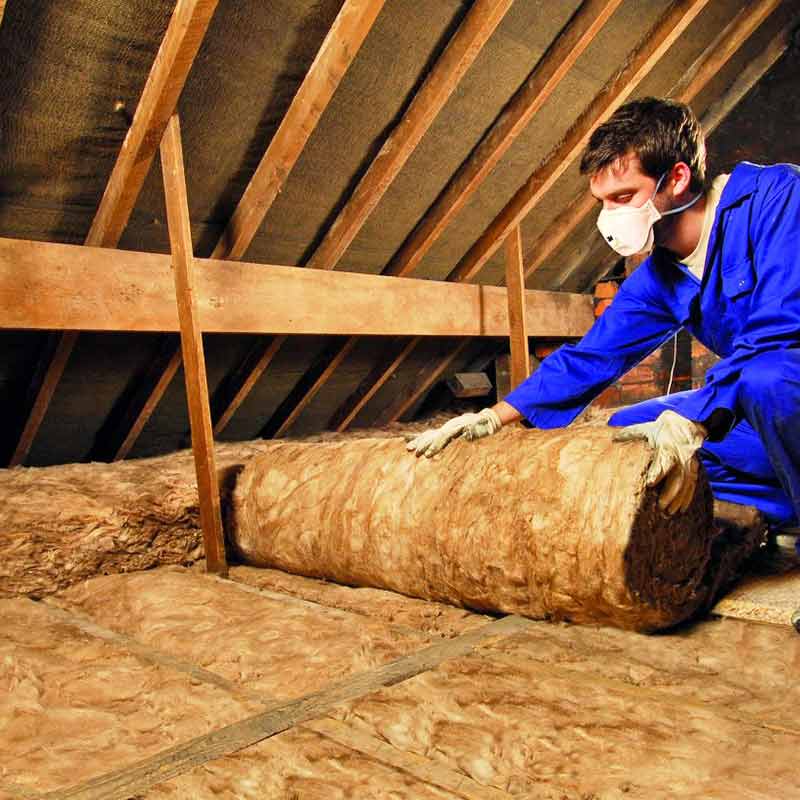
Importance of Safety Compliance for Insulation Installers
Safety compliance is a top priority in the construction industry, where hazards and risks are common. Insulation installers are faced with many dangers as they strive to create energy-efficient, comfortable environments. This article explores the importance of safety compliance in the insulation industry, including the risks, benefits, and strategies to implement. Additionally, it sheds light on the specific context of insulation installers in Wellington.
Insulation Installers Face A Number Of Risks
Every day, insulation installers face a variety of hazards. Physical hazards, such as burns and muscle injuries, can be caused by handling tools and materials. The exposure to adhesives and insulation materials can be hazardous for your health. Working at heights is also dangerous, as it can lead to serious injuries and even death.
Safety Compliance Requirements – Legal Requirements
Insulation installers are required to adhere to strict safety regulations set forth by organizations like the Occupational Safety and Health Administration. OSHA provides guidelines for the safe handling and use of materials, the proper equipment, and safety protocols that protect workers. To ensure worker and occupant safety, building codes and standards prescribe specific requirements regarding insulation installation.
Safety Compliance Benefits
Safety compliance is a priority for insulation installers, and it has many benefits. It reduces workplace accidents by a significant amount, protecting the health and safety of employees, as well as reducing operational disruptions. A culture of safety also boosts productivity and morale, because workers feel protected and valued by their employers. Adherence to safety regulations also helps insulation companies avoid expensive legal penalties and fines that are associated with noncompliance.
Safety Compliance Strategies
To implement robust safety compliance, a comprehensive strategy is required. This includes training, the provision of personal protective gear (PPE) and regular inspections. Training and education programs provide insulation installers the skills and knowledge necessary to effectively identify and mitigate hazards. It is also important to provide workers with appropriate PPE such as goggles, gloves, and respirators to protect them from possible injuries and harmful substances. Routine inspections and audits ensure that safety protocols are followed and identify areas for improvement.
Case Studies
In the insulation industry, there are several case studies that demonstrate the tangible benefits to prioritizing compliance with safety regulations. Safety programs that are comprehensive have led to a significant decrease in workplace injuries and accidents, resulting in a better reputation and higher client satisfaction. Non-compliance has led to costly lawsuits, damage to reputation and even the closure of businesses.
The Conclusion Of The Article Is:
Safety compliance is paramount for insulation installers. It not only protects their health, but it also contributes to their overall success and the longevity of their business. Insulation companies that adhere to the legal requirements and implement robust safety protocols can improve employee morale, increase productivity and avoid expensive legal consequences. Prioritizing safety goes beyond a legal obligation. It’s also a good business practice and a moral imperative.